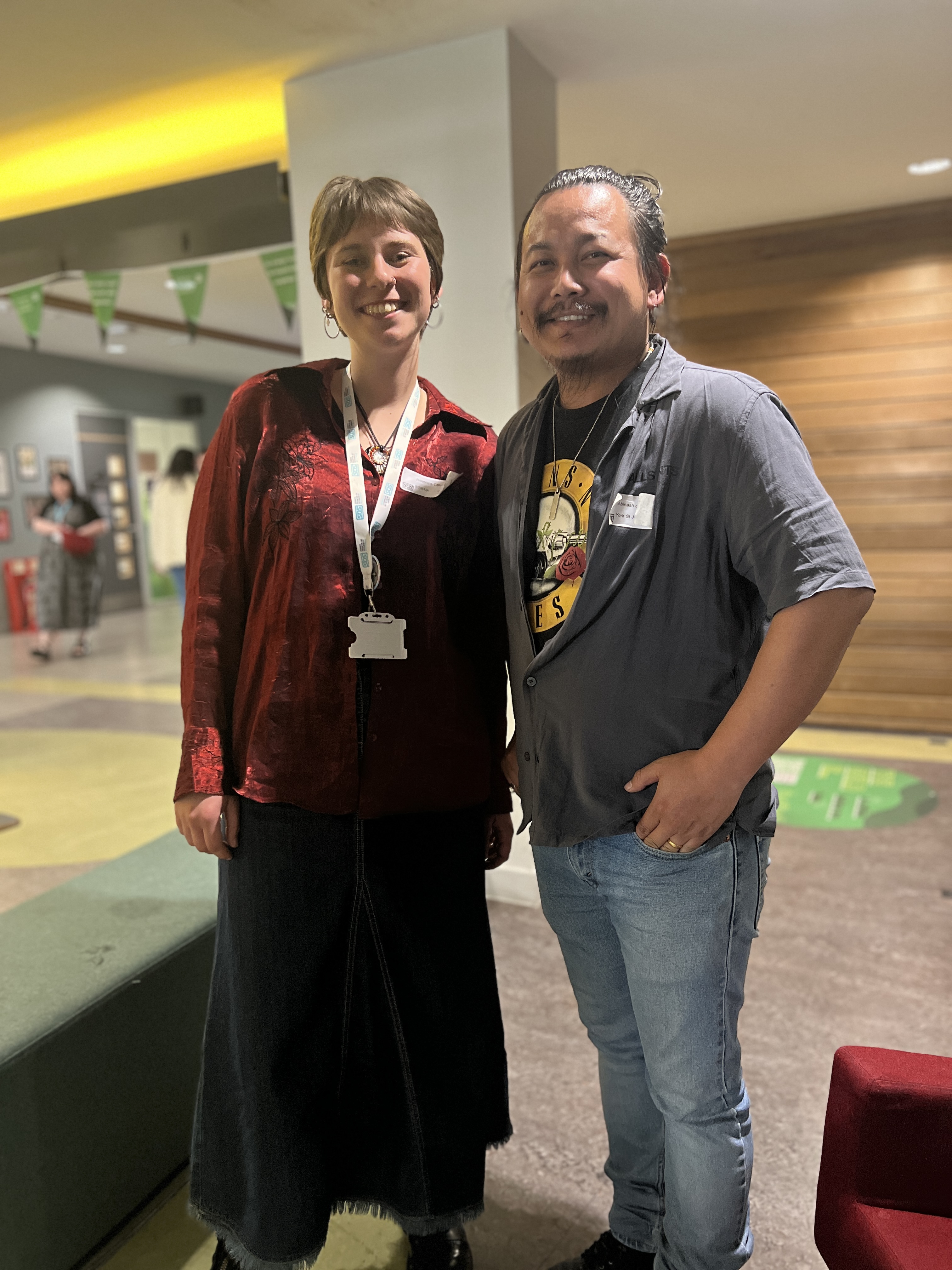How students at York St John are getting their university to break up with a bad bank – And why that matters

York St John University has made history. It is the first university in the UK to move its money into a bank that actively supports people and the planet. This wasn’t a top-down decision from university leadership. It was driven by students, supported by staff, and it worked.
This is the story of how students stood up to an unjust financial system, challengedtheir university to act with integrity, and won a major victory for climatejustice, peace and human rights.
A Problem Too Big to Ignore
Along with all other universities, York St John had a stark contradiction between their mission, and the destructive impact of their mainstream banking choices. All UK Universities hold their money with one of the UK’s big five banks: Barclays, Lloyds, Santander, HSBC, and NatWest. But these banks don’t just hold money. They use it. They invest in fossil fuel companies that pollute the planet, arms companies that fuel wars, and border systems that abuse human rights.
Theypour hundreds of billions into industries that are driving climate breakdownand human suffering. Since 2015, they have collectively put £445 billion intofossil fuels and £7 billion into the arms trade.
Students at York St John asked a simple but powerful question: how can a university thatclaims to care about justice and sustainability continue to support banks thatfund destruction?
What They Did About It
When thecampaign began, the SU officer team and supporting students from York St Johnwere struck by the stark contradiction between the university’s mission and ethos,and the destructive impact of its mainstream banking choices. So they presentedthe facts, made the case, and asked the university to do better.
To their surprise, the university leadership didn’t push back. It listened. Together, they created an Ethical Framework for Financial Transactions to guide future decisions. They then opened a new account with Unity Trust Bank, a bank that only invests in social housing. Meaning they are not just avoiding harm but doing good.
Why This Change Matters
Most universities have two main pots of money. There are long-term investments or endowments, which are locked away to grow over time. And then there are cash deposits - money kept in everyday bank accounts, ready to be used for things like paying staff, covering costs or short-term savings. Since cash deposits do not carry the same return (profit) expectations as other investments there is nothing to lose by investing them ethically.
Universities hold a lot of money in cash deposits -far more than they hold in long-term investments. York St John has £93,000 in endowment funds compared to a massive £34.7 million in cash deposits. Keeping these cash deposits with Barclays, the university is emitting 8,245 tonnes of carbon dioxide every year. That’s about the same as the total yearly emissions of 650 people in the UK.
Moving this money to an ethical bank doesn’t cost the university anything. It carries very little financial risk. But it makes a massive difference in terms of impact. It cuts ties with harmful industries and pushes the financial sector to do better. Supporting alternatives that put people and planet first.
A Growing Movement
Right now, there is no ethical bank that offers all the complex services universitiesneed, especially for things like international transactions. But that’schanging.
TheUniversity of Cambridge is leading a group of 75 higher education institutions calling for a fossil-free banking option. This is a huge and powerfulmove. It will likely take university money out of the ‘Big Five’ and shows thatuniversities, as places of education and research, have a responsibility tolead the financial sector.
Buthere’s the catch: even if that new bank avoids fossil fuels, it might still putmoney into other harmful industries - and it doesn’t guarantee that money goesinto things that help. That’s why alternative banks like Unity Trust matter somuch. They don’t just avoid doing harm - they actively fund good. Otherexamples include Co-operative Bank, CharityBank, Nationwide and Reliance Bank.
The message is clear: better options are out there. It is time for universities to take them.
The Power of Student Action
Inearly2024, student officers at York St John Students’ Union initiated conversationswith university leadership, highlighting the ethical and environmental concernslinked to mainstream banks. They gathered evidence and built a case for movingthe university’s finances away from fossil fuels, arms, and human rightsabuses. Rather than facing resistance, they found alignment. The Universityresponded by working collaboratively with the Students’ Union establishing aworking group on ethical finance with student representation built in from theoutset.
By mid-2024, the University committed to divest its endowment from fossil fuel industries, arms manufacturers, exploitative lenders, or any entities involved in human rights violations, modern slavery, or environmental harm. In addition, they opened the new deposit account with Unity Trust Bank. Prioritising people and planet over profit.

Jo Campling and Abinash ChaudharyReflectingon the campaign, Abinash Chaudhary, 24/25 President at York St John Students’Union shared: “This campaign has shown what’s possible when students andinstitutions come together with shared values. Throughout this process, theUniversity has truly respected and listened to student voice. We’ve been proudto align our work with national campaigns like Invest for Change and StudentsOrganising for Sustainability, helping to push forward a collective shift inthe sector.”
Thiscollaborative and values-led approach culminated in a milestone moment:highlighting the importance of having clear student voice mechanisms anddevolving power to allow students to influence university leadership.
Joe McCarthy, Director of Finance at York St John, said: “Students, staff and governors of York St John care deeply about creating a fairer, more sustainable future. As a higher education institution with strong values, we actively sought solutions to shift finance away from unethical investment.”
This Is Just the Beginning
Thiscampaign is about more than money. It’s about power. Every pound a universityholds is a choice. That money can fund destruction, or it can help build abetter world.
Abinash put it best: “My advice to other student leaders: never underestimate thepower of persistence and partnership. Campaigns like this aren’t just aboutdivestment they’re about reinvestment in a fairer, more sustainable world.Universities have both the responsibility and the power to make ethical choiceswith real-world impact. This step matters because it’s not just about where themoney goes, it’s about what the money does. I’mexcited for what comes next. This is an important step, and I hope we continueincreasing our ethical commitments so every pound our university holds is areflection of the values we stand for."
What You Can Do
York St John has shown what’s possible. Now it’s time for others to follow.
If youwant your university to move its money out of destructive banks and intosomething better, start asking questions. Talk to your Students’ Union. Speakto staff. Gather evidence. Organise. Join Invest for Change and get in touch with Jo Campling at jo.campling@sos-uk.org

